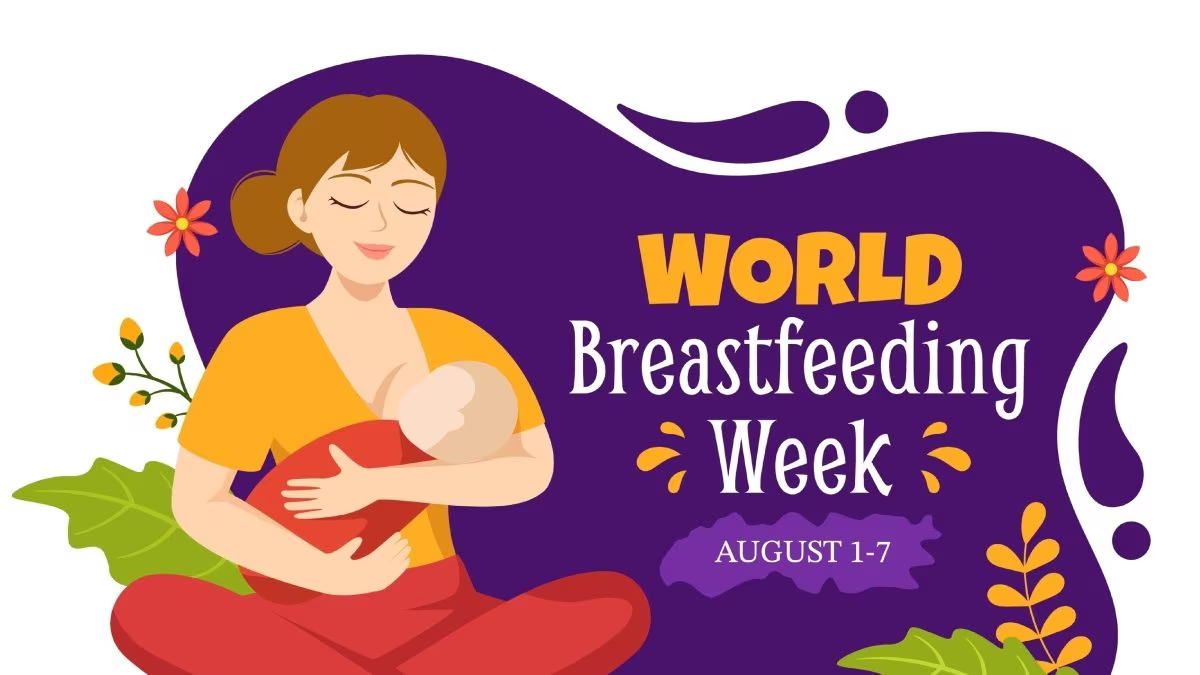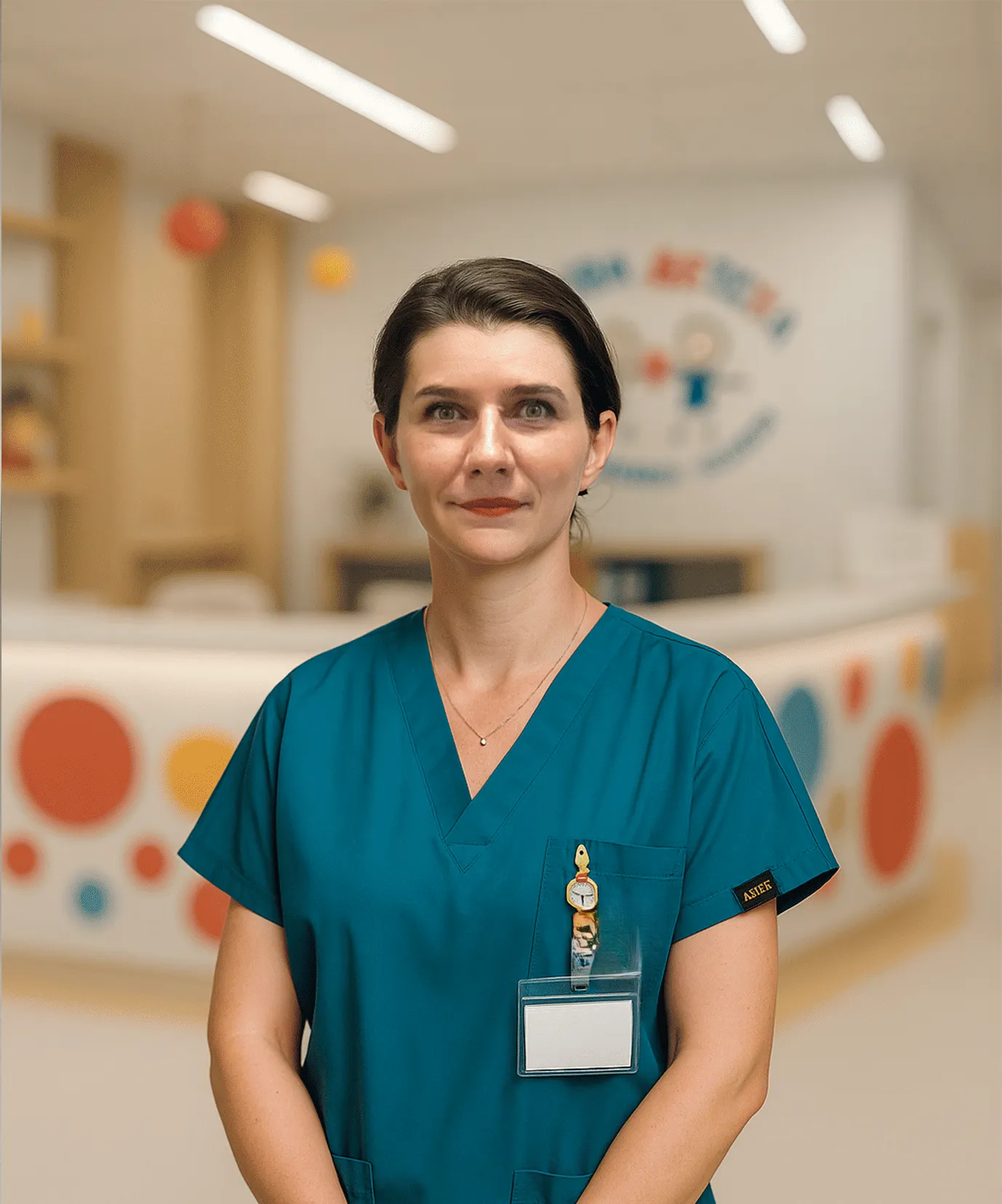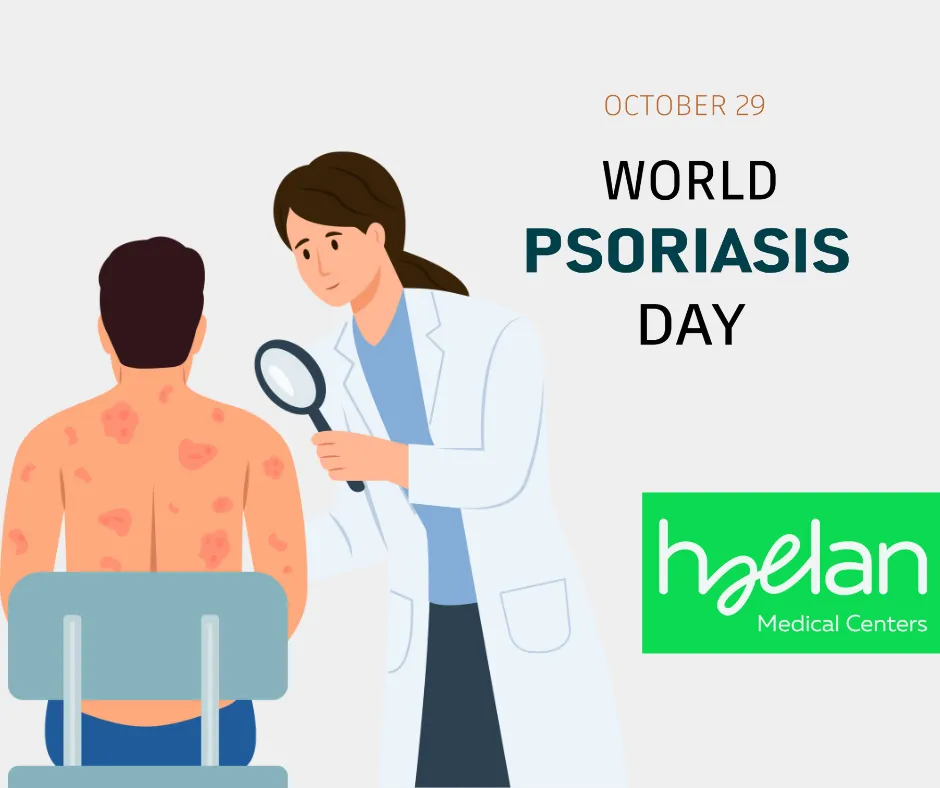World Breastfeeding Week 1-7 August 2025

World Breastfeeding Week is a global initiative to promote, support and protect breastfeeding.It is celebrated every year from August 1 to 7. The initiative is supported by the World Health Organization, UNICEF, ministries of health and various public organizations. The aim is to focus attention and encourage support for mothers and their babies in the breastfeeding process. In 2025, the theme is “Breastfeeding as a priority: building a sustainable supportive environment”.
Breastfeeding is the biological norm and the natural way of feeding infants and young children. The lactation process starts hormonally even before birth, when, under the influence of various biochemical cascades, the mother's body is prepared for the future start of breastfeeding. The interaction between estrogens, progesterone, oxytocin and prolactin ultimately ensures the biological start of lactation. Already from the beginning of the 5th lunar month of pregnancy, the production of the first milk, called colostrum, begins. Subsequently, there is a natural discharge of drops from it, which is a good signal about the imminent start of breastfeeding of the newborn. At the core of the successful period of breastfeeding is the interaction between mother and baby, namely supply-demand. The more often the baby is put to suckle and the sucking is effective, the greater amounts of breast milk will be produced and released to meet both the current and growing needs of the child.
Breast milk is a “smart food” that changes each time according to the needs of the baby. It provides the baby with everything necessary for proper development and growth.
The benefits of breastfeeding are virtually innumerable.There are many studies and data on the positive influence of human milk, both on the child and on the mother. Generally, they can be divided into benefits for the mother and benefits for the child.
Benefits for the child:
- Reduces the risk of developing infections of the gastrointestinal tract, infections of the upper and lower respiratory tract, otitis;
- Reduces the risk of atopic allergic conditions;
- Reduces the risk of asthma;
- Protects against childhood obesity, type 1 diabetes mellitus;
- The risk of sudden cardiac death is reduced;
- Improves cognitive development and much more.
Benefits for the mother:
- Reduces weight after childbirth;
- Has a certain contraceptive effect (lactational amenorrhea);
- Reduces the risk of breast cancer, as well as ovarian cancer;
- The risk of developing type 2 diabetes mellitus, cardiovascular diseases, osteoporosis is reduced;
- A better emotional connection with the baby and much more is created.
The main recommendations for a successful start of breastfeeding are laid down in the WHO recommendations:
- Start of breastfeeding to occur in the so-called golden hour — the first hour after birth;
- Optimal duration — up to 24 weeks of age;
- Exclusive breastfeeding up to 6 months — as many times as the baby wants and as often as he wants, without offering other liquids or foods (including tea, drops, water, vitamins, syrups, unless medically indicated), without pacifiers and without limiting the duration of one breastfeeding, ensures optimal growth and development of the newborn and infant;
- Continue to offer breast milk after starting feeding — around the 6th month (introduction of solid food), at least until the 1st year (WHO, UNICEF, ESPGHAN), and if desired by the mother and child — until the second year (American Pediatric Association).
It is important to mention that at first the baby can indeed be breastfed practically constantly.When this number is 8-12 times in 24 hours and the baby has a sufficient number of wet and full diapers, we are calm that he is fed. The amounts of milk are continuously adjusted according to the needs of the baby. The mother should eat fully and regularly, as well as increase her own hydration. Measuring weight daily is not recommended routinely if the above conditions are met. The rhythm of waking and sleeping of the newborn is quite different from the usual rhythm of the mother. It is necessary to inform about this in advance so that there are no unrealistic expectations, both she and the family.
Recommendations for breastfeeding in the mode of certain intervals, night pause and offering only one breast, are morally outdated, incorrect and ultimately set the beginning of the end of lactation.The newborn cannot “feed” from frequent sucking, so there is no risk of “stomach enlargement” - frequent expressions that confuse mothers and bring uncertainty and hesitation to the success of the breastfeeding period. Frequent sucking practically guarantees quantities of milk according to the needs of the baby himself and, since it is a purely hormonal process, it cannot be successfully controlled by external factors, but only by the good relationship between mother and baby.
Breastfeeding is a balanced process between many factors as the main roles have the mother and the baby. It is extremely important, both in the first hours after childbirth and subsequently, that the mother receives adequate support and correct advice from specialists sufficiently familiar with lactation. A woman who has just given birth needs a supportive and understanding environment, delicate care and providing peace of mind to enter her life role - to be a mother to her baby. Sharing her own fears, needs and responding to them, is just as important for it to happen in a timely manner, as is the adequacy of the advice she would receive in relation to breastfeeding.
Breastfeeding is an emotionally strong moment, both for the mother and for the newborn. Its onset is biologically regulated in the general case, but not always easy to implement. There are a number of factors that can make one step or another difficult, but daily care from midwives, doctors, partner, family, loved ones and other mothers with good breastfeeding experience, incl. lactation consultants, are the good practice that will give the mother confidence that she is doing it. Sometimes cases also arise for which she should receive adequate advice and solutions. Adequate communication will provide the mother with the peace of mind she needs at this important and unique moment in her life.
Seek support whenever you feel the need! You're not alone!



.webp)
.webp)